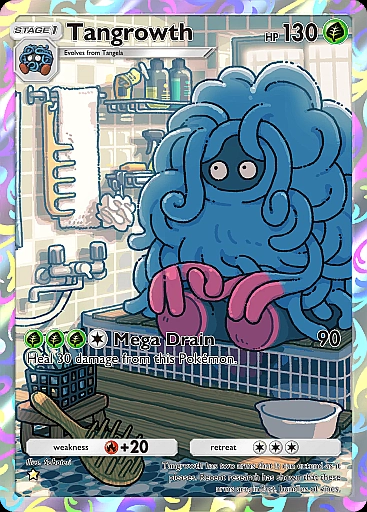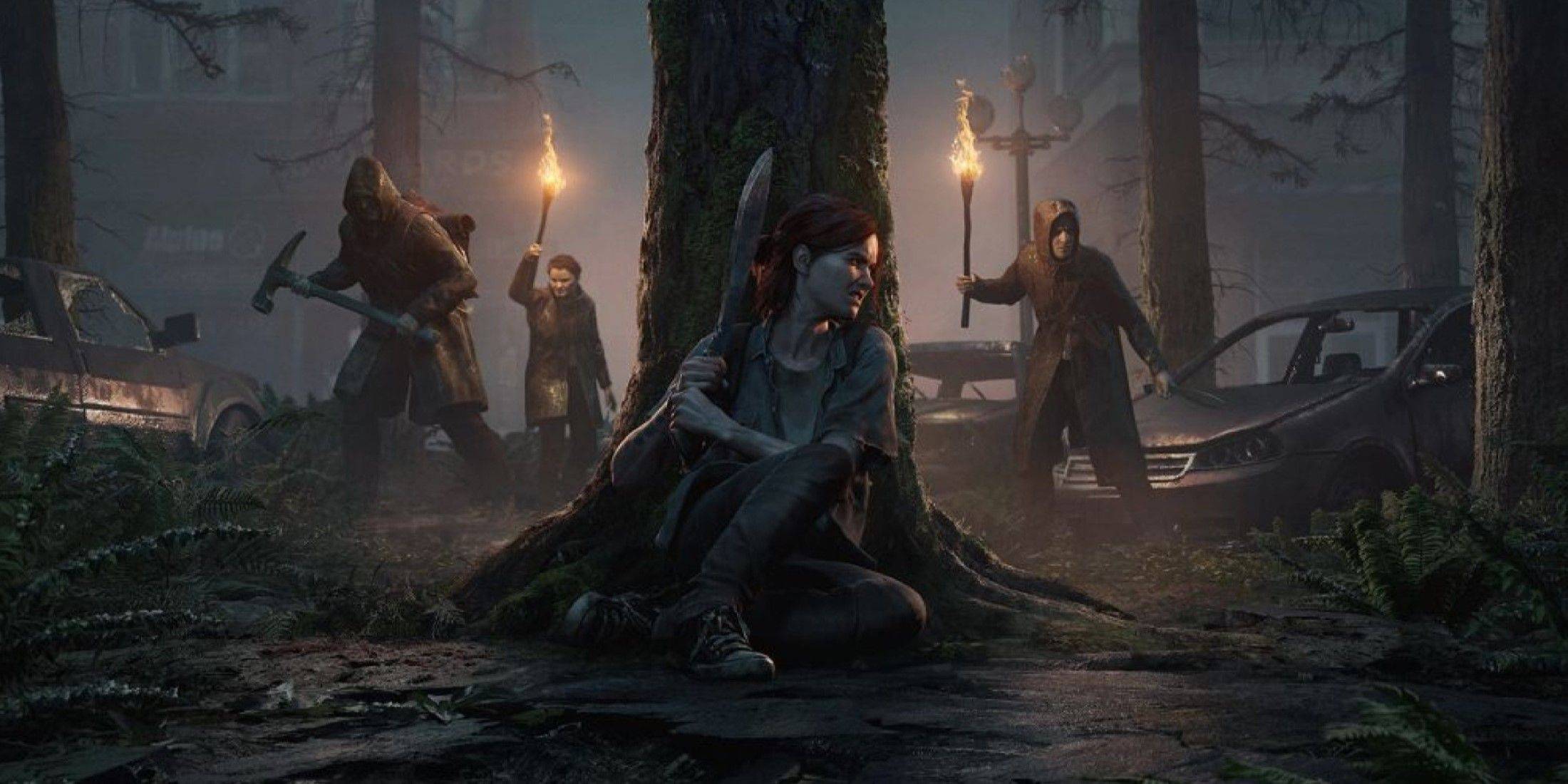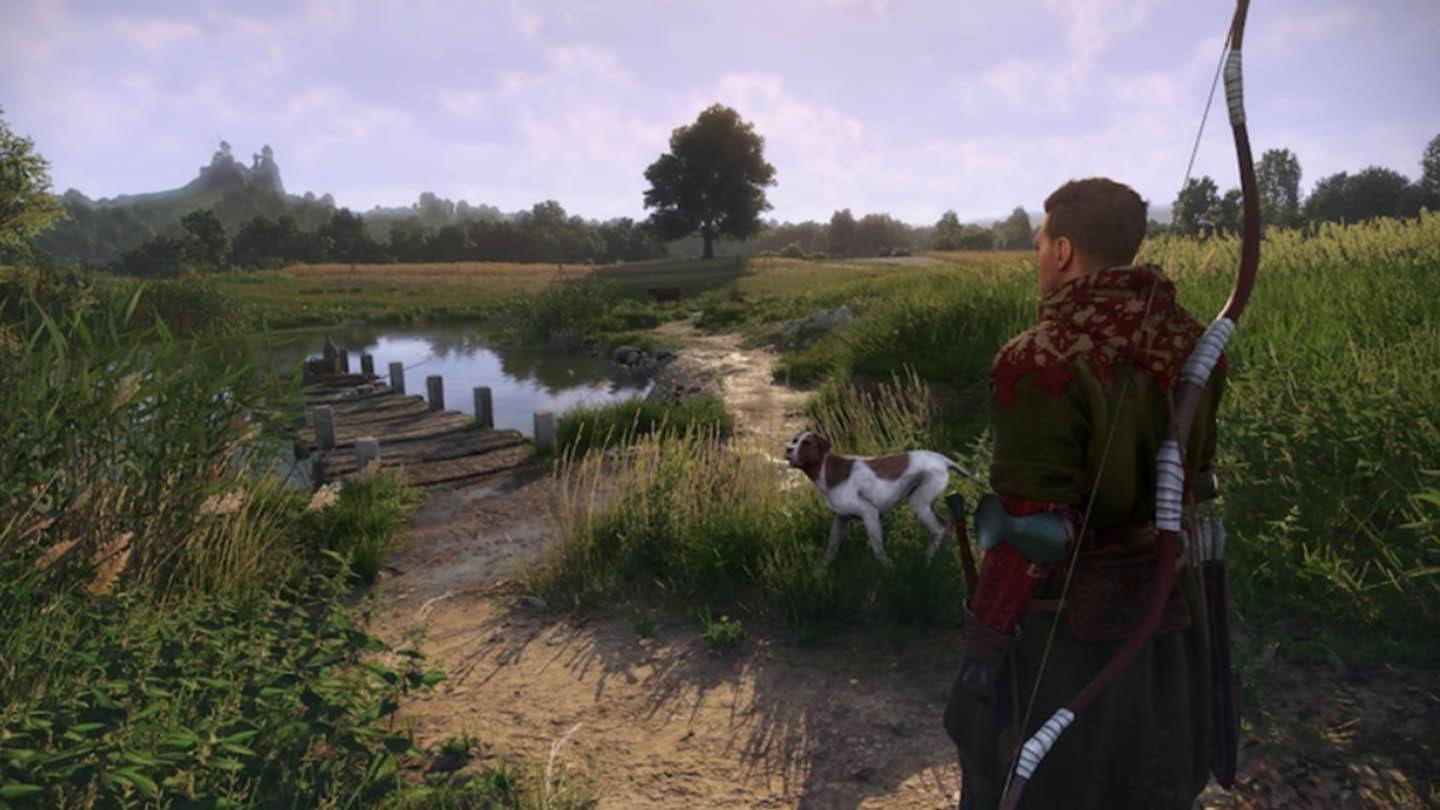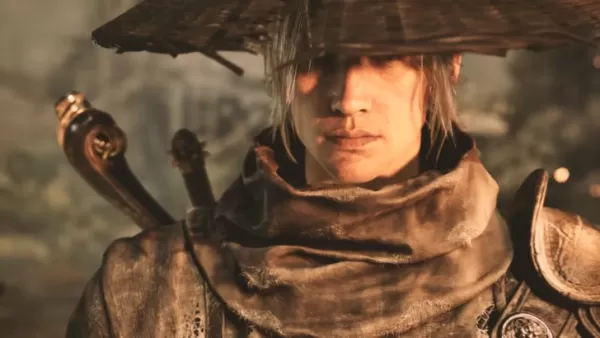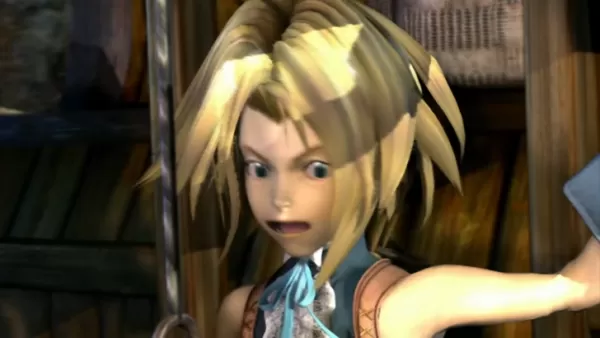Doom's Combat Syncs with Modern Metal Music Evolution
- By Ava
- Apr 21,2025
The Doom series has long been synonymous with metal music, a connection that's evident from the moment you hear its iconic soundtracks or see its persistent demonic imagery. The game's signature mix of flames, skulls, and devilish creatures mirrors the aesthetic you might find at an Iron Maiden concert. Over its 30-year history, Doom's relationship with heavy music has evolved in tandem with its gameplay, exploring various metal sub-genres from thrash to the modern metalcore featured in Doom: The Dark Ages.
When Doom first burst onto the scene in 1993, its soundtrack was heavily influenced by the metal giants of the late '80s and early '90s. Co-creator John Romero has openly acknowledged the impact of bands like Pantera and Alice in Chains on the game's score. For example, the track "Untitled" used in the E3M1: Hell Keep level closely echoes the riff from Pantera's "Mouth of War." The overall soundtrack embraced the thrash subgenre, drawing inspiration from bands like Metallica and Anthrax, creating a digital sound that propelled players through Mars' corridors, perfectly complementing the game's fast-paced, intense action. Composer Bobby Prince's timeless score remains a perfect match for Doom's unforgettable gunplay.
Doom: The Dark Ages - Gameplay Screenshots
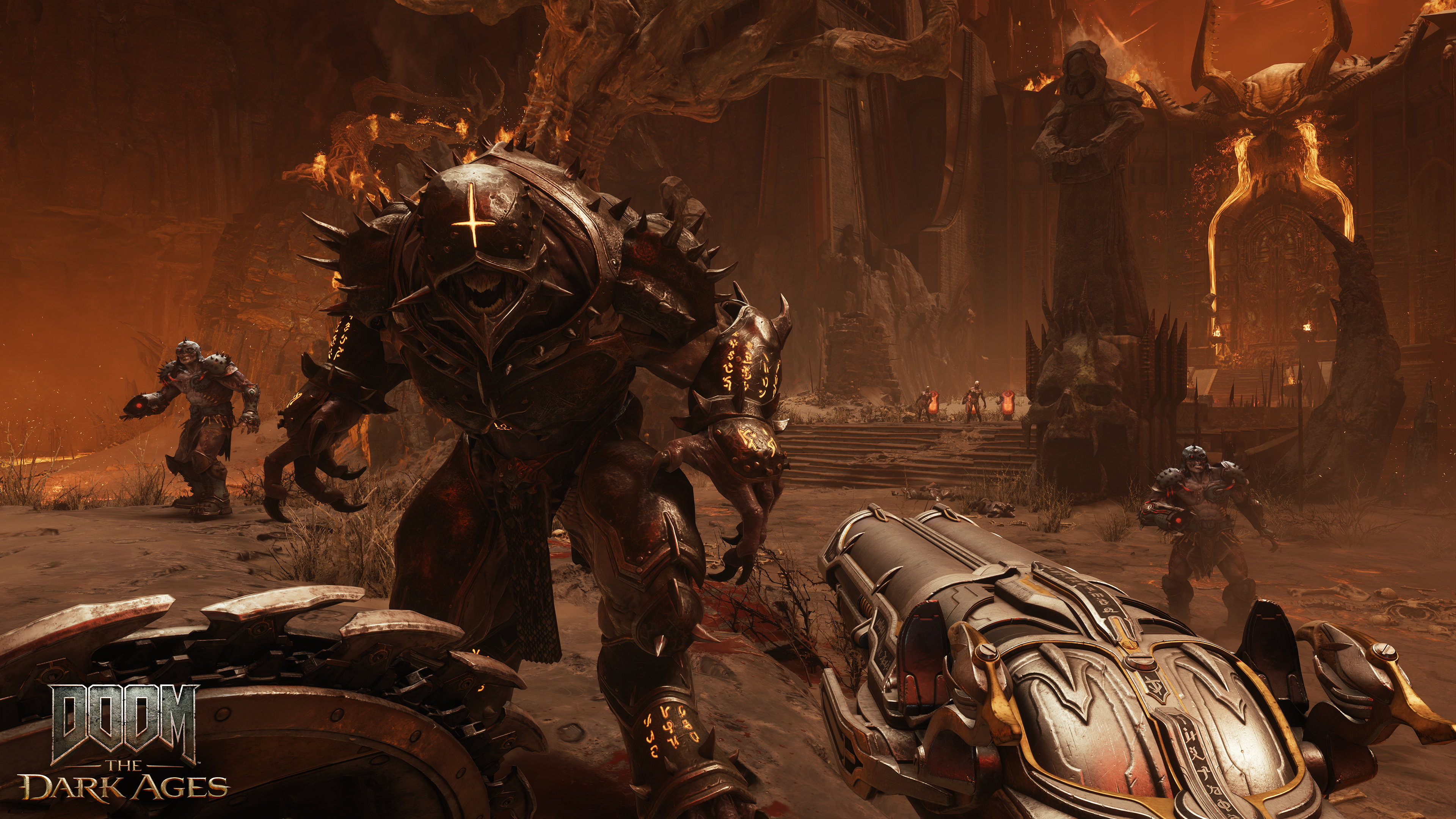
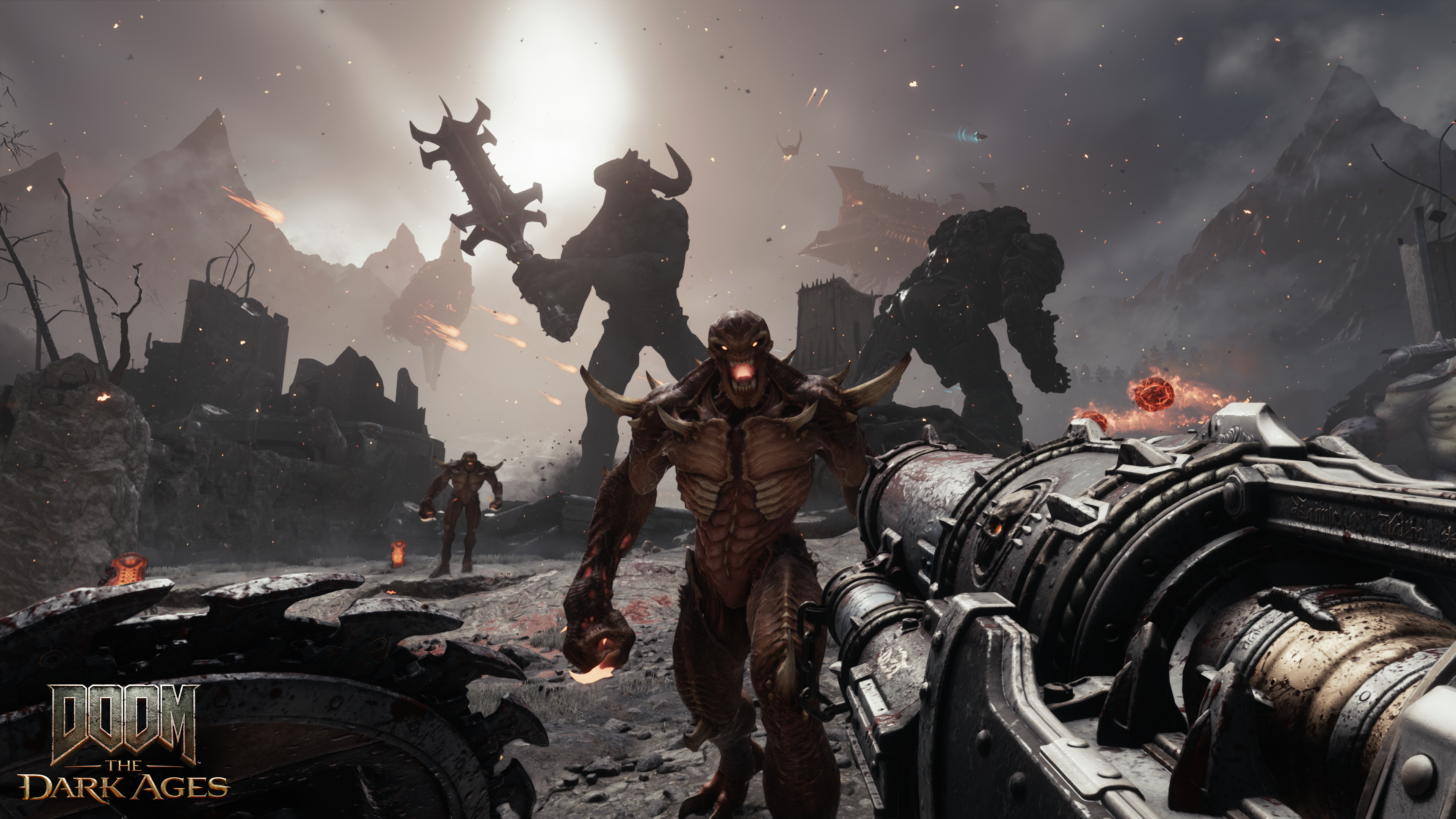 6 Images
6 Images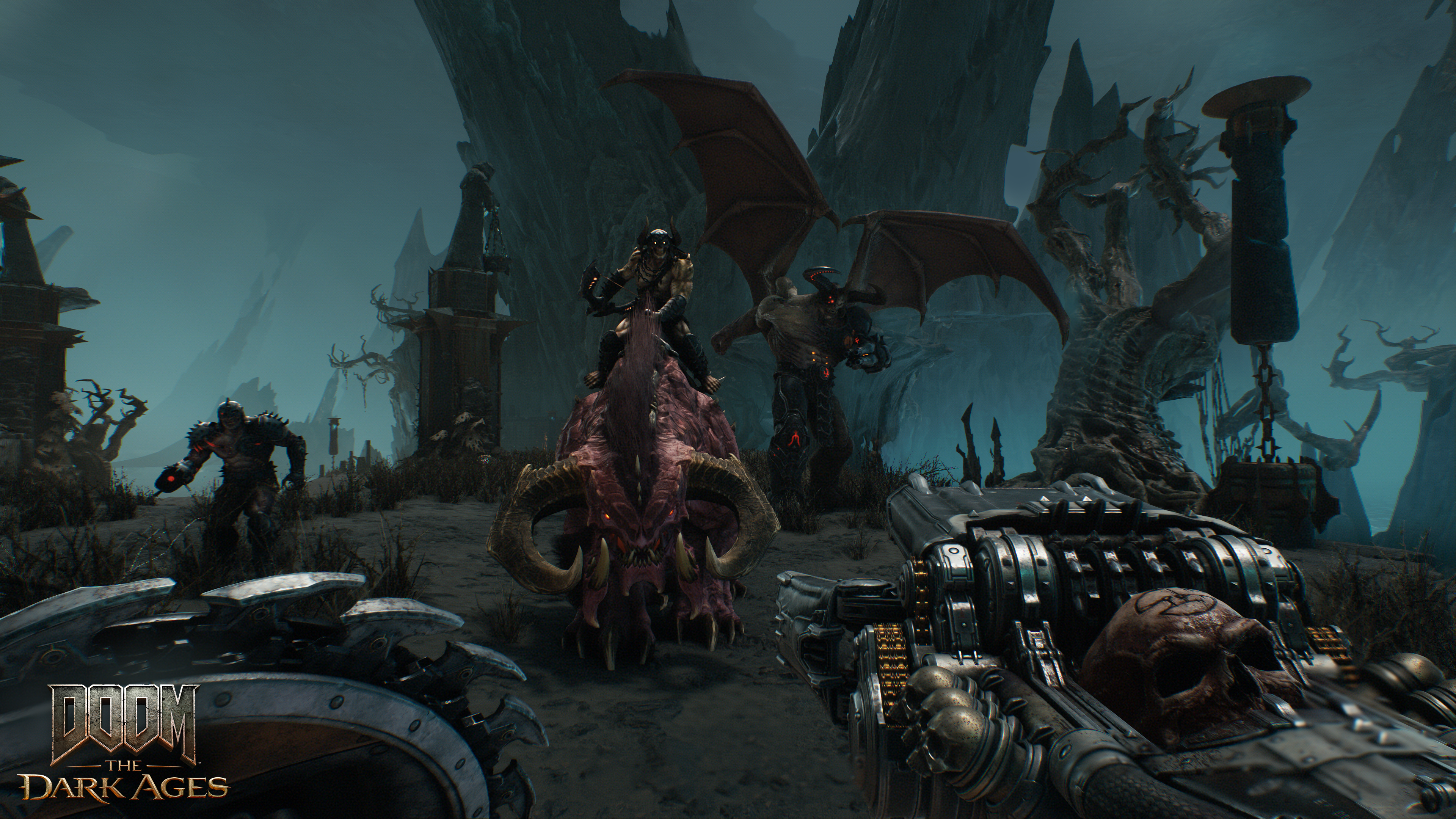
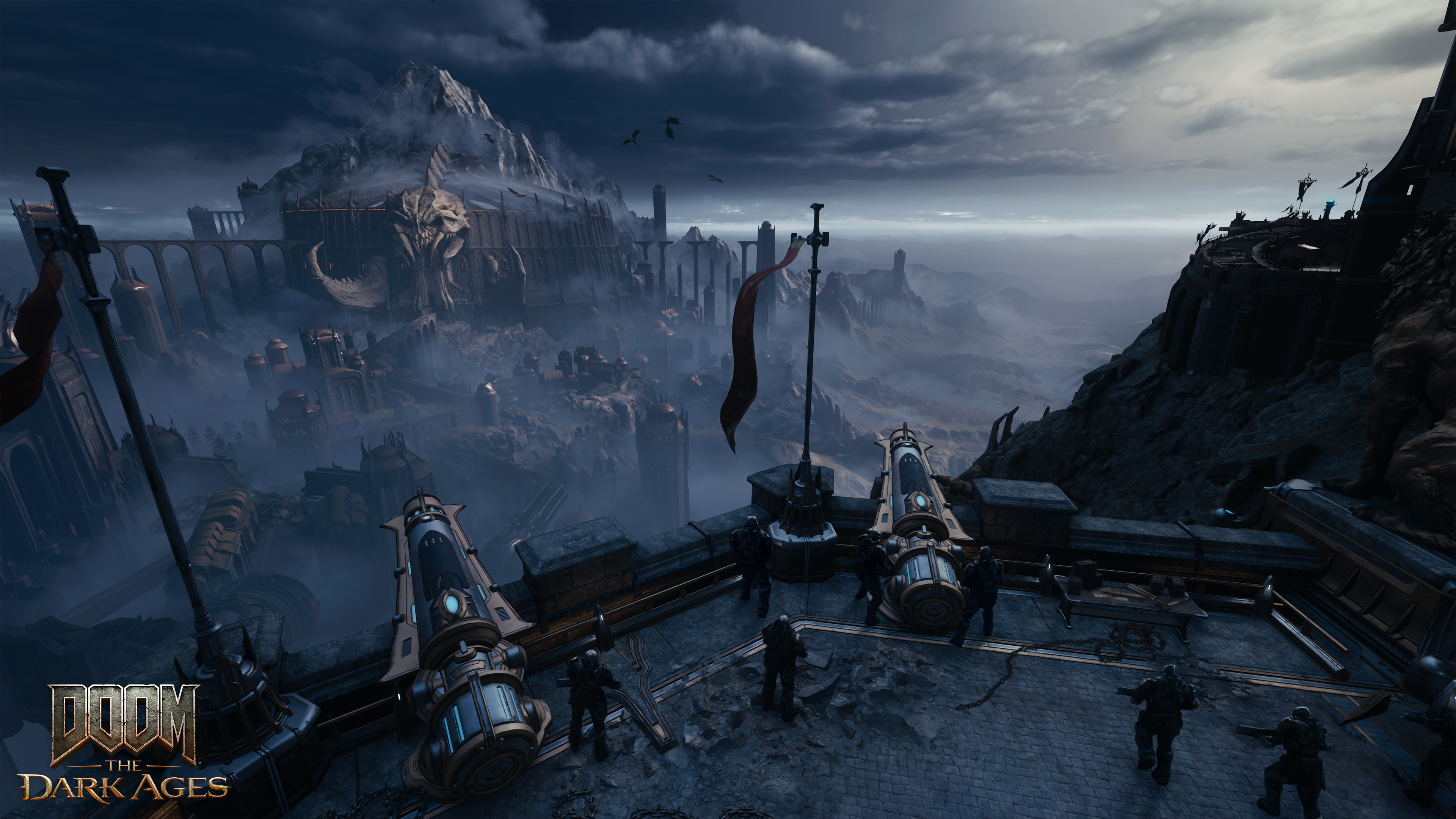
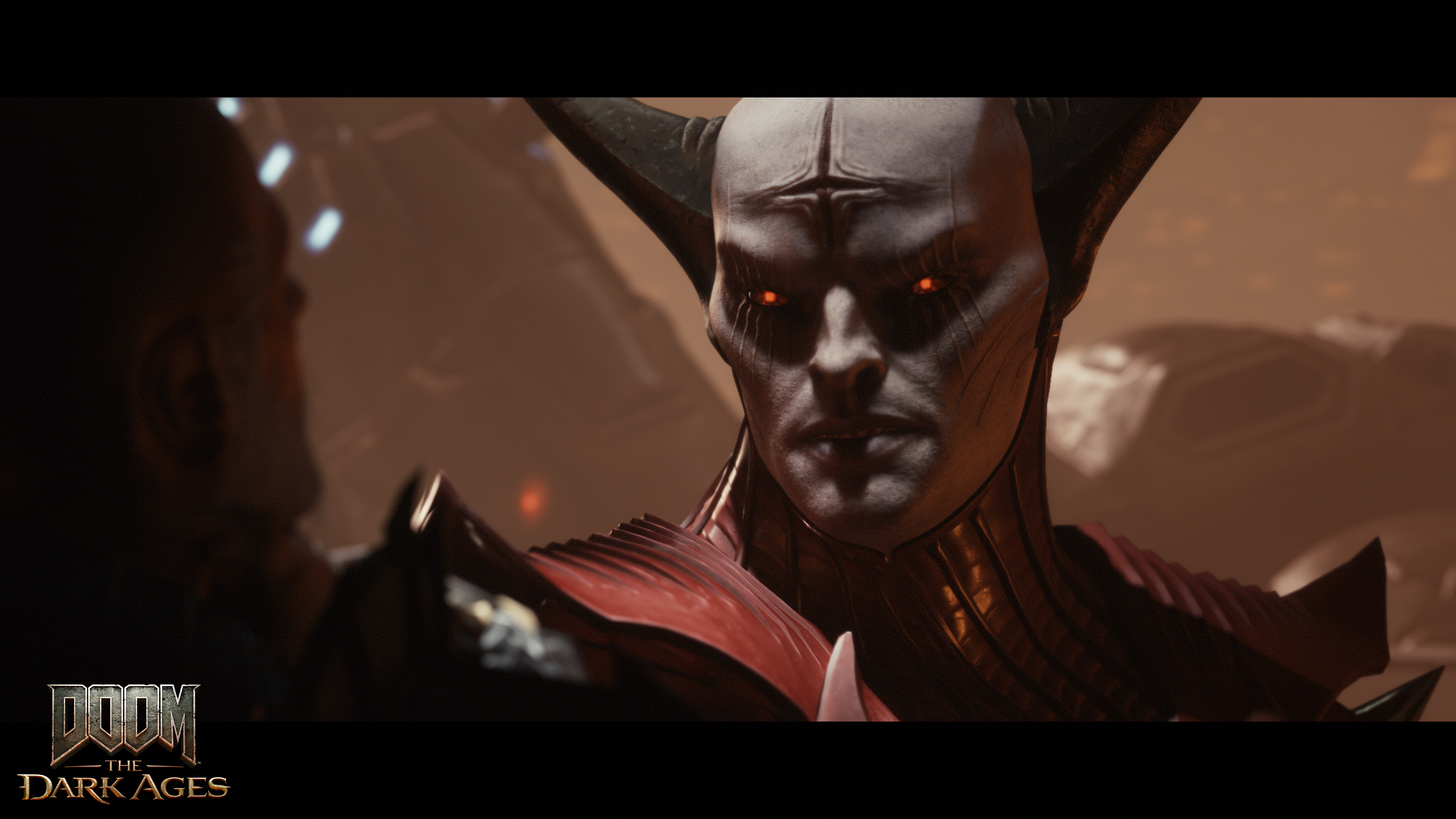
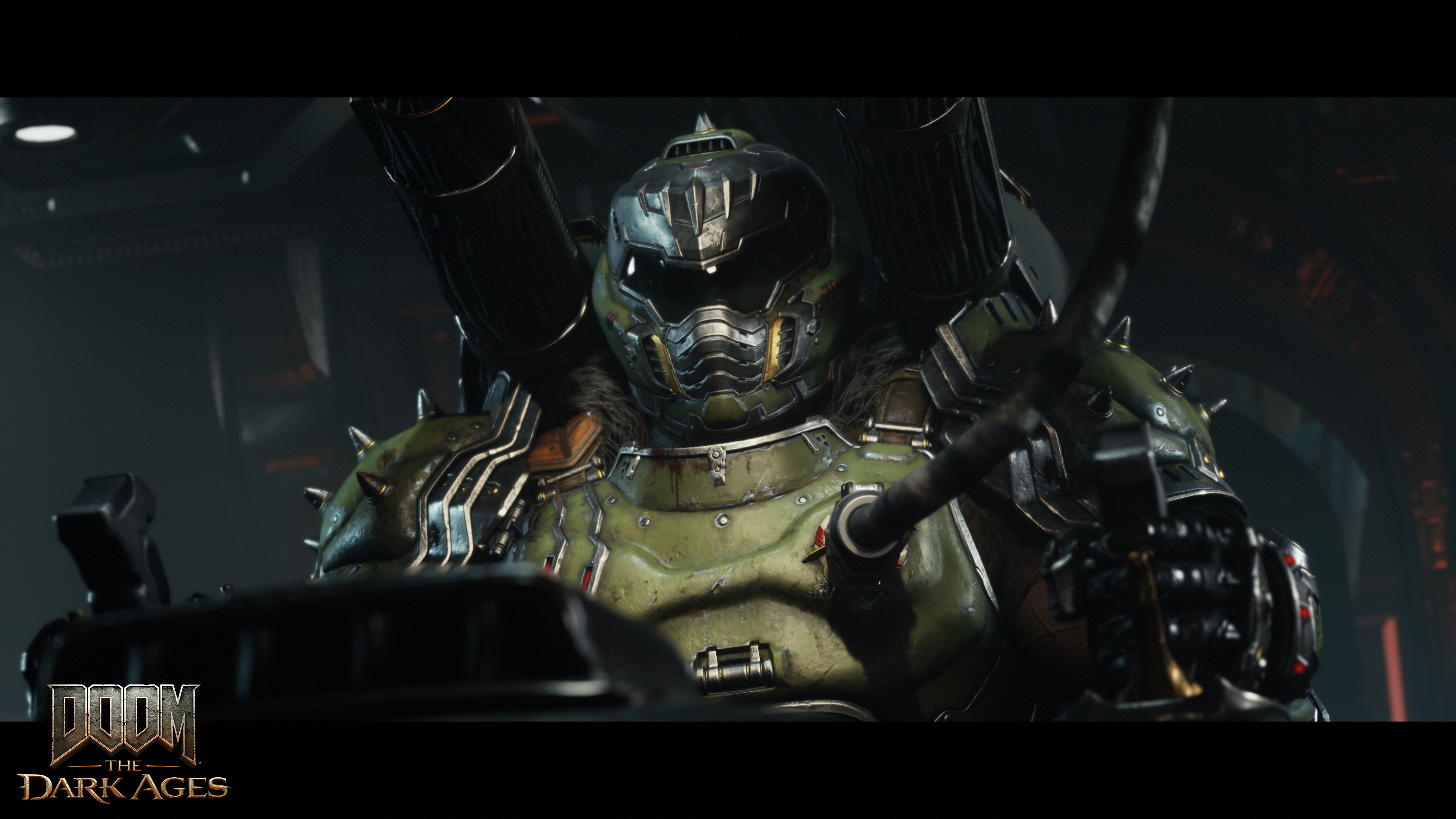
For over a decade, Doom's music continued to harmonize with its gameplay, maintaining the thrash influence until the experimental Doom 3 in 2004. This survival horror-inspired entry took risks, including a controversial flashlight mechanic that was later removed. The slower, more deliberate pace of Doom 3 required a new sound, drawing inspiration from bands like Tool. The main theme, composed by Chris Vrenna and Clint Walsh, could almost be a bonus track on Tool's Lateralus, with its snaking time signatures and off-kilter soundscape perfectly complementing the game's horror atmosphere.
Despite its success, Doom 3's survival horror approach is now seen as an anomaly within the series, reflecting the broader evolution of FPS games during the early 2000s. The era saw the rise of console shooters like Call of Duty and Halo, and Doom evolved alongside them. Similarly, metal music was navigating its own changes, with the nu-metal scene giving way to more diverse sounds. Doom 3's soundtrack, while not a classic like Tool's Lateralus, served as a fitting experiment that captured the game's unsettling tone.
After Doom 3, the series faced a challenging period of development until its triumphant return in 2016 with Doom. Marty Stratton and Hugo Martin revitalized the series, embracing the momentum of the original game. Composer Mick Gordon's score, with its heavy use of sub-bass frequencies and white noise, perfectly matched the game's fast-paced action, creating a soundtrack that resonated deeply with fans and critics alike. Doom 2016's score is often celebrated as one of the best in video game history, setting a high bar for future entries.
The follow-up, Doom Eternal, saw Gordon return, though the final soundtrack was a result of a complicated process. The music leaned further into metalcore, reflecting the genre's popularity in the late 2010s and early 2020s. Gordon's work with bands like Bring Me the Horizon and Architects influenced Eternal's score, which featured crushing breakdowns and electronic elements. While still heavy, the soundtrack felt lighter compared to its predecessor, mirroring the game's inclusion of platforming and puzzle sections.
Doom 2016 remains a personal favorite, much like the raw, unrefined work of metalcore bands from the same era. The game's reinvention in 2016, alongside albums like Architects' All Our Gods Have Abandoned Us, struck a powerful chord. While Doom Eternal is highly regarded, it doesn't quite capture the same essence for some fans, reflecting the nuanced evolution of both the game and its musical influences.
Looking ahead, Doom: The Dark Ages promises to continue this tradition of innovation. The recent Xbox Developer Direct showcased significant changes in combat, suggesting a need for an equally dynamic soundtrack. New composers Finishing Move, known for their work on Borderlands 3 and The Callisto Protocol, seem to be drawing from a broad spectrum of metal influences, both past and present. The Dark Ages' slower pace and new mechanics, like the Captain America-like shield and giant mechs, hint at a soundtrack that can be both heavy and agile, much like the gameplay itself.
The Dark Ages' combat, inspired by the original Doom but expanded with new elements like fire-breathing dragons, suggests a soundtrack that could draw from the likes of Knocked Loose for its heavy breakdowns, while also echoing the thrash roots of the 1993 classic. As Doom continues to evolve, it remains in step with the ever-changing landscape of metal music, promising an exciting future for fans of both the game and the genre.
Latest News
more >-
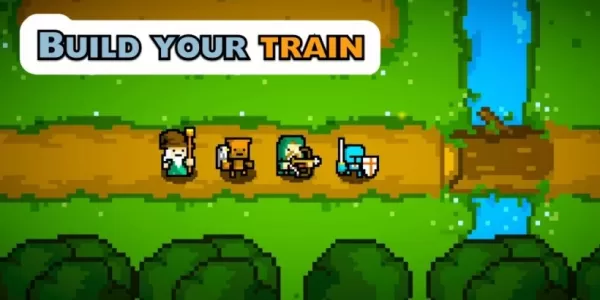
- MageTrain Releases Spellcasting Game for Mobile
- Dec 29,2025
-
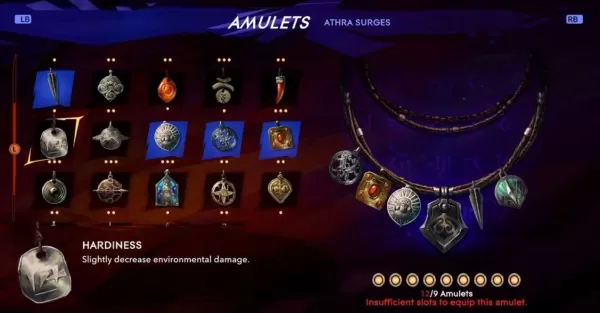
-

- Prime Youth Offer: A Top Deal I Miss As An Adult
- Dec 27,2025
-

- LoL First Stand 2025: Why It Matters
- Dec 26,2025
-
